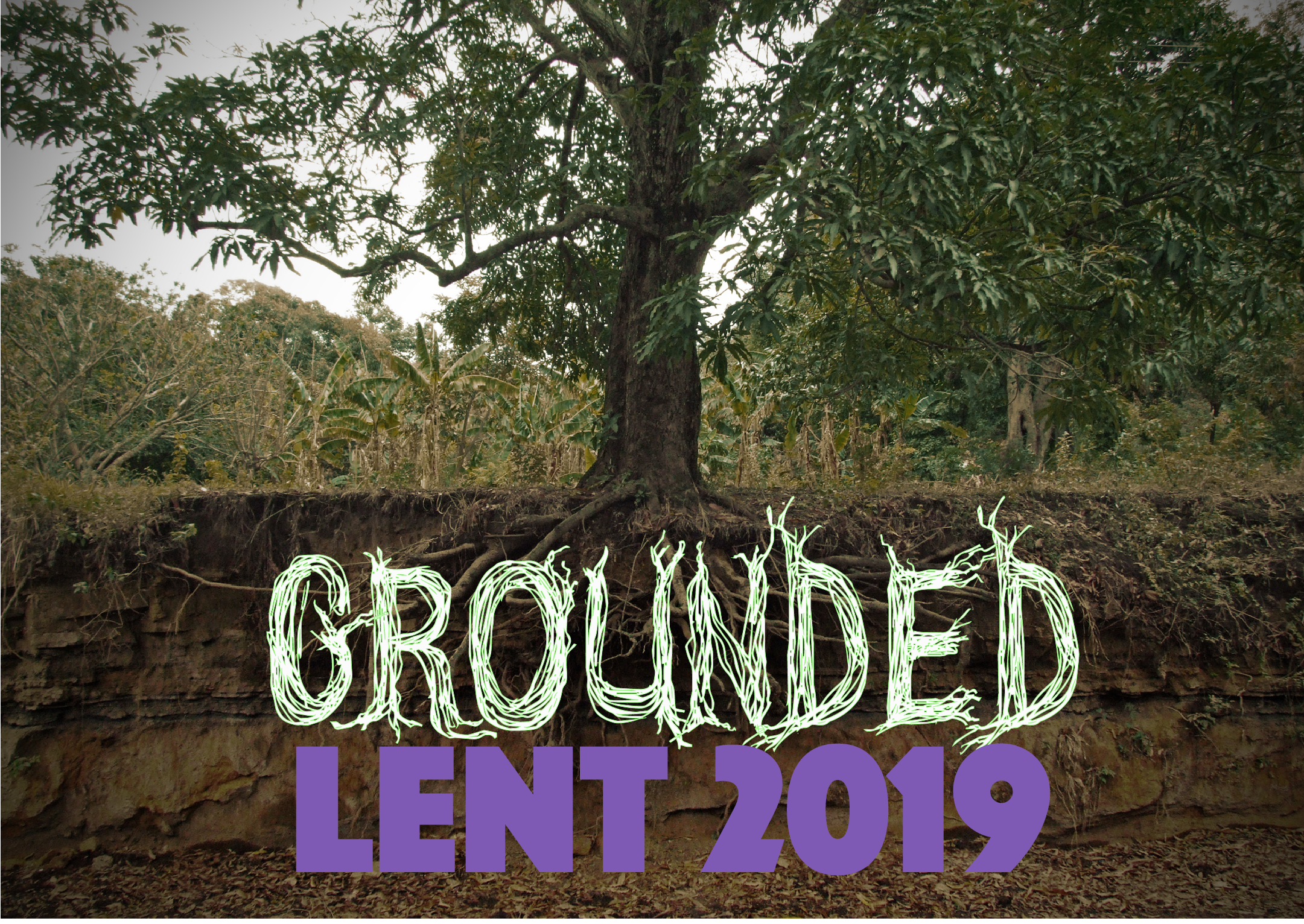
Reading and Discussion Guide for Grounded by Diana Butler Bass
Introduction questions for discussion or reflection around the introductory section of the book adapted from smallgroupguides.com
1. Diana Butler Bass says that there is a spiritual revolution happening in which the question “Who is God?” has evolved into the question “Where is God?” (p. 6). Have you seen or felt this change? Why does it matter? Which of the questions preoccupies you more in your life of faith?
2. Have you observed any of the changes Butler Bass points to? If so, in what ways does this book help you interpret these changes?
3. “To relocate God is to reground our lives” (p. 11). When you think of God, where do you assume God to be? Where did that idea come from? How might “relocating God” reground your life?
4. Butler Bass claims that today our experience of faith and meeting God is coming down off the mountain, meaning that we no longer find God only within the walls of the church. What are your thoughts about this? If you attend church, does it change anything about that experience? If you don’t, how do you feel about faith being accessible around us, in the world and our neighbors?
5. Where, when and how have you most poignantly experienced God’s presence and passion?
SCRIPTURES TO READ AND REFLECT UPON
Questions for Reflection and Examen
- What shimmers for you as you hear the text?
- What word or image touches your life and what your living?
- What invitation do you hear from the Spirit of God in the text about how to act, speak, be or relate with others? practice for the week of Ash Wednesday

THIS WEEK’S LENTEN PRACTICE
What do you tend to notice in your daily life? And why? There are almost countless aspects of our moment-by-moment experience that we could notice at any given time — different sights, sounds, smells, tastes, touches, or emotions. Our personalities shape what stands out to us and what fades into the background. We can also get so busy that we fail to notice important details that are right in front of us. But when some detail does break through and resonate with us — either positively or negatively — that may be an invitation to reflect on why that aspect stood out in particular. It might be merely our senses and observation. It might also be the Spirit of God breaking through the ordinariness, routine, and preoccupations of our daily life.
Intentionally noticing the world around us is one major way to savor the small stuff and to glimpse where God is in our world and our lives. One concrete way to cultivate gratitude is to regularly practice noticing what you are grateful for.
One way to practice gratitude is called the Awareness Examen. First detailed by Ignatius of Loyola, the 16th century founder of the Jesuits, in his book Spiritual Exercises, it is a simple way to reflect upon our routines. In short, the examen encourages you to respond to two questions at the end of each day either around the dinner table with your family or silently before you go to sleep: (1) “What was my moment of greatest consolation?” and (2) “What was my moment of greatest desolation?”
Put more simply, you can ask “What am I most grateful for today?” and “What am I least grateful for today?” Over time, you can ask variations on your consolations such as, “Where did I feel most connected, most alive, most energized, or most loved? Correspondingly, you can ask “Where did I feel most isolated, most enervated, or most taken for granted?”
Through this practice, you may begin to notice patterns, hear a common word, or receive a repeated vision. And as you notice patterns of what consistently makes you feel connected, alive, energized, and loved, the invitation is to find ways to cultivate more of that person, place, or activity in your life.
Conversely, as you practice the Awareness Examen, you may also notice that there is a pattern of certain people, places, or activities that consistently bring you desolation. As you notice patterns of what consistently makes you feel isolated, enervated, or taken for granted, an invitation is to consider if you should find ways to have less of that person, place, or activity in your life.
Throughout this week practice gratitude, noticing where God gives you hope, energy, peace through the Awareness Examen. Devote at least 5 minutes each day to reflect and notice your observations. Share them at dinner with others. Post them online. Record them in a journal.
Adapted from https://www.patheos.com/blogs/carlgregg/2012/11/savoring-the-small-stuff-ordinary-gratitude-as-spiritual-practice/